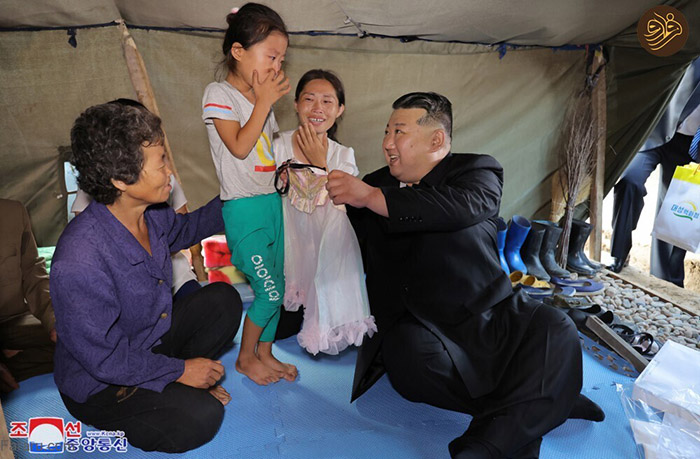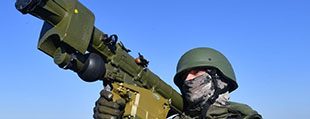In August 2024, North Korean leader Kim Jong Un made a highly publicized visit to flood-stricken communities in the northwestern region of North Korea, where thousands of people had been displaced by catastrophic floods. This event drew significant attention both within and outside the reclusive nation, as Kim Jong Un’s visit was portrayed as a demonstration of his leadership and care for the people, while the severe floods raised concerns about the country’s ability to manage such natural disasters. This article delves into the details of the floods, the government’s response, and the broader implications for North Korea.
Causes of the Flooding
The floods that devastated parts of North Korea in July 2024 were primarily caused by an extended period of heavy rainfall, which led to rivers overflowing their banks and inundating vast areas of land. The affected regions, including the northwestern cities of Sinuiju and Uiju, experienced unprecedented levels of rainfall, exacerbated by the mountainous terrain and deforestation, which reduced the land’s capacity to absorb water. North Korea’s aging infrastructure, which includes poorly maintained dams and levees, also contributed to the severity of the floods.
Impact on Communities
The floods had a profound impact on the communities in the affected areas. According to state media reports, over 4,100 houses were submerged, leaving thousands of families homeless. Additionally, more than 7,400 acres of agricultural fields were flooded, which is particularly concerning given North Korea’s chronic food shortages. Public buildings, roads, and railways were also severely damaged, disrupting transportation and communication in the region.
While the North Korean government has not provided official figures on the number of casualties, some South Korean media outlets have suggested that the death toll could exceed 1,000. These reports indicate that the true extent of the damage may be far worse than what has been publicly acknowledged by North Korea.

